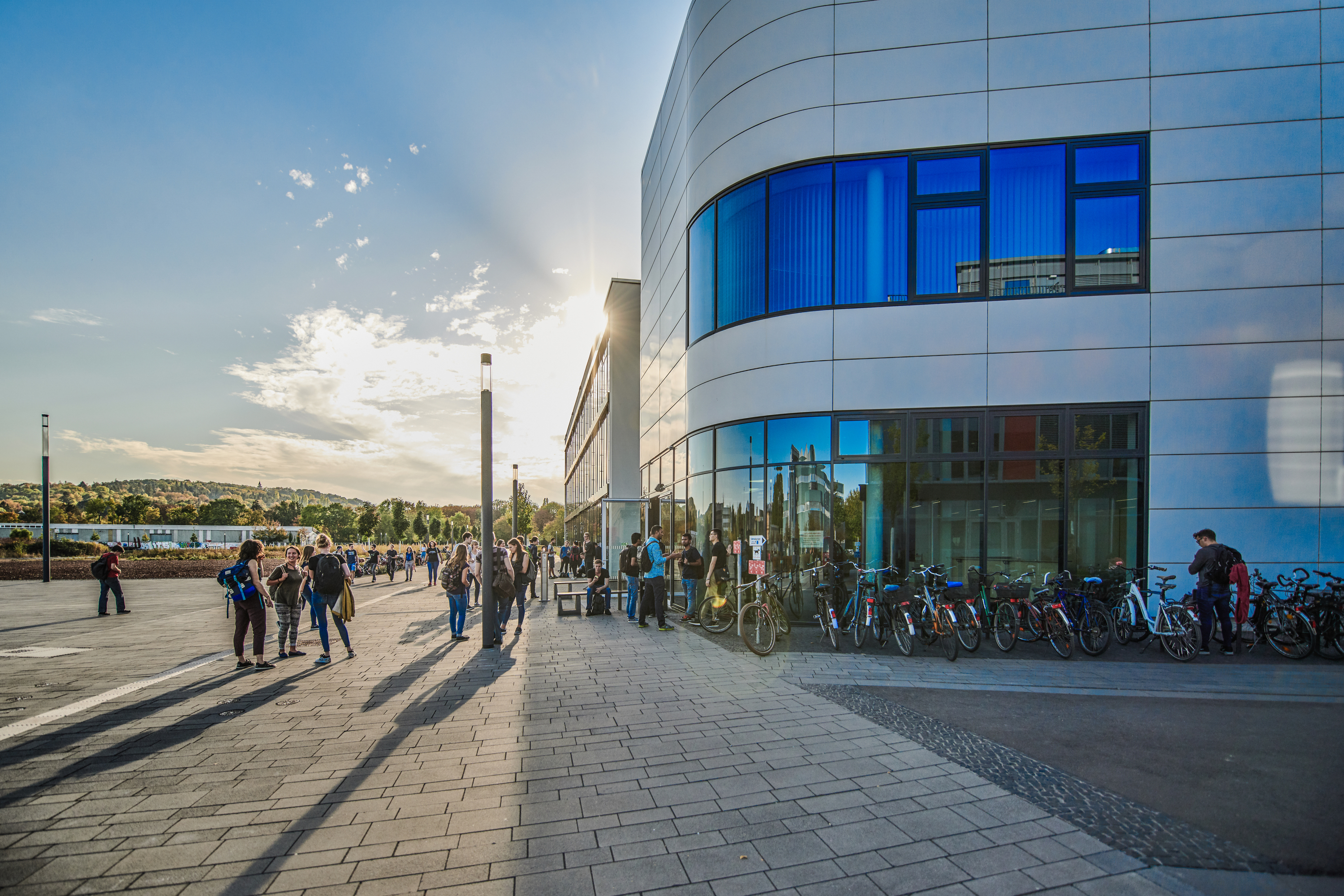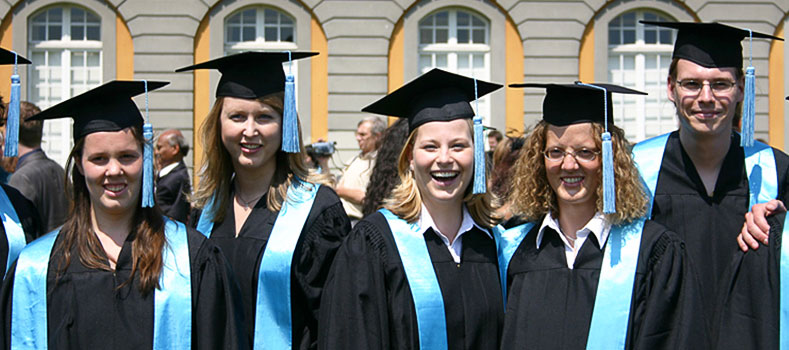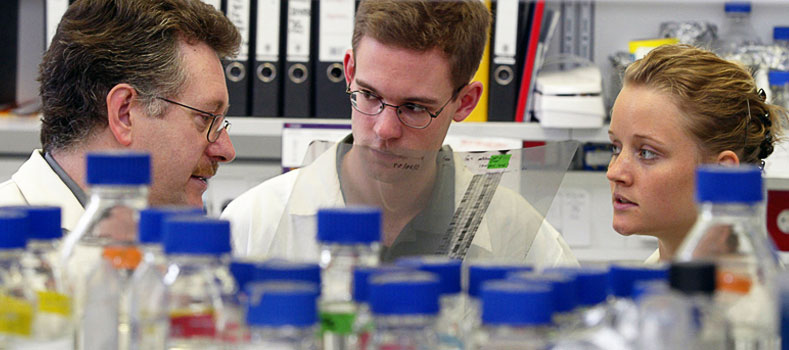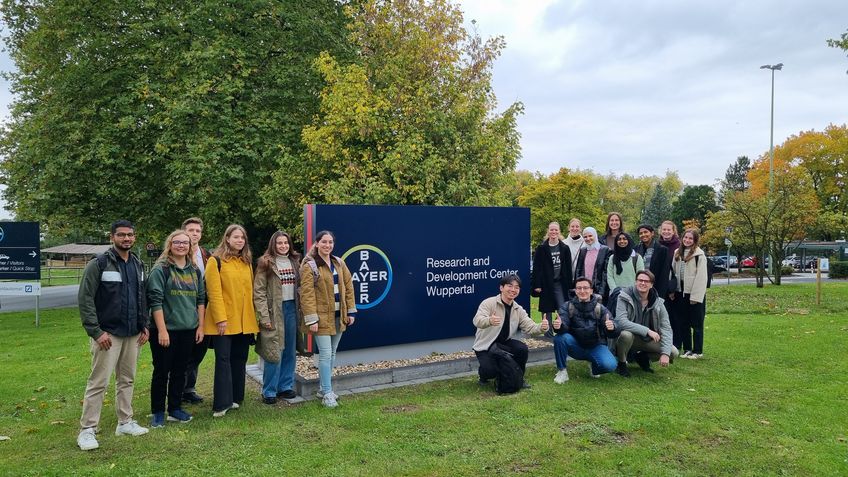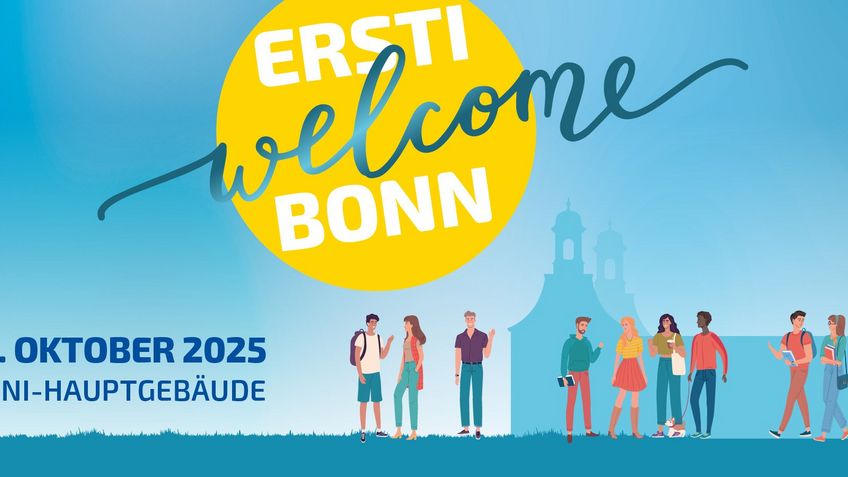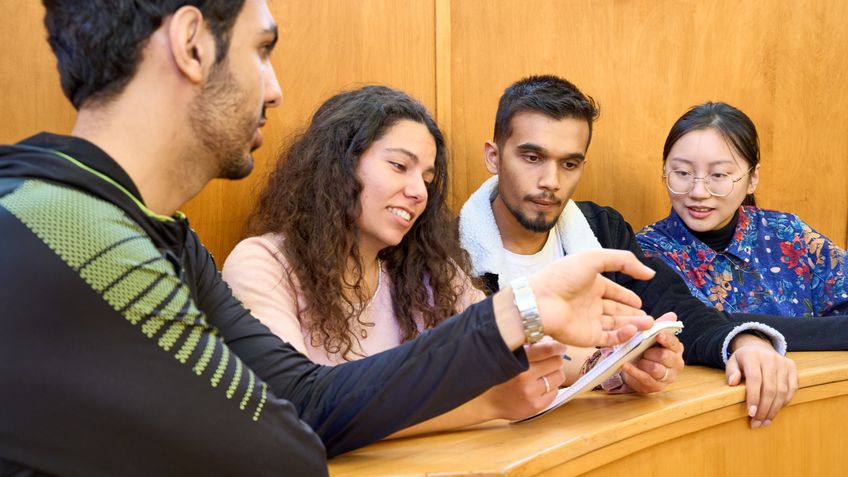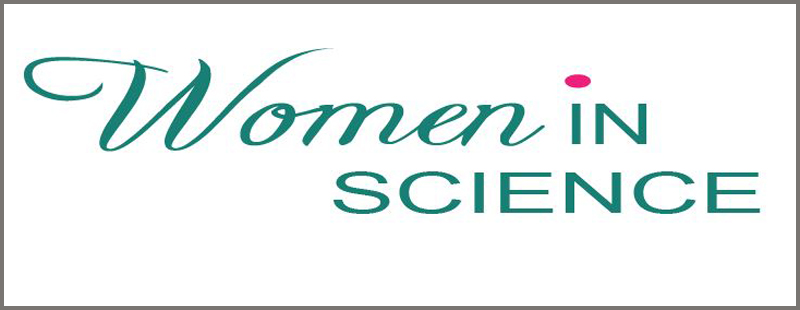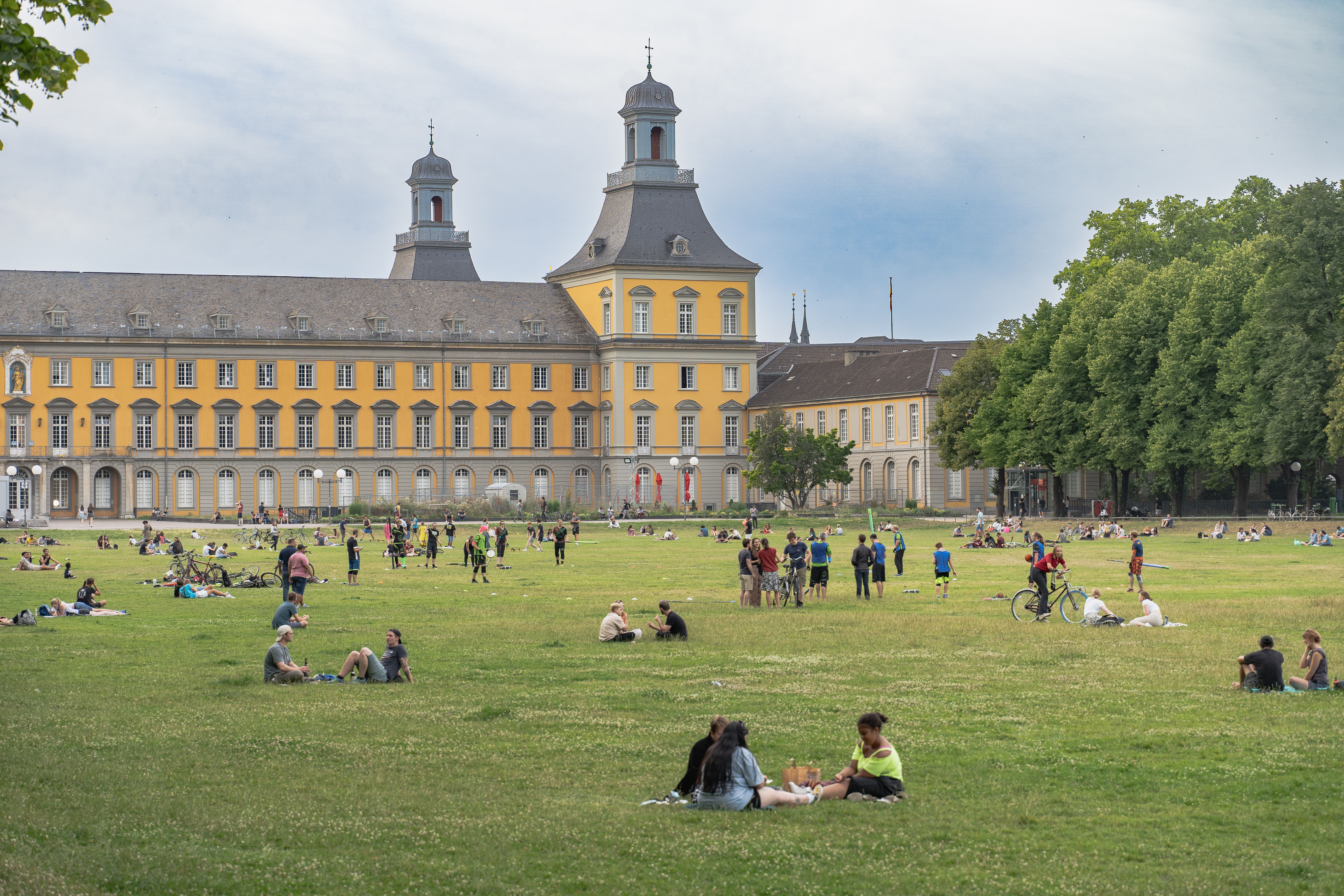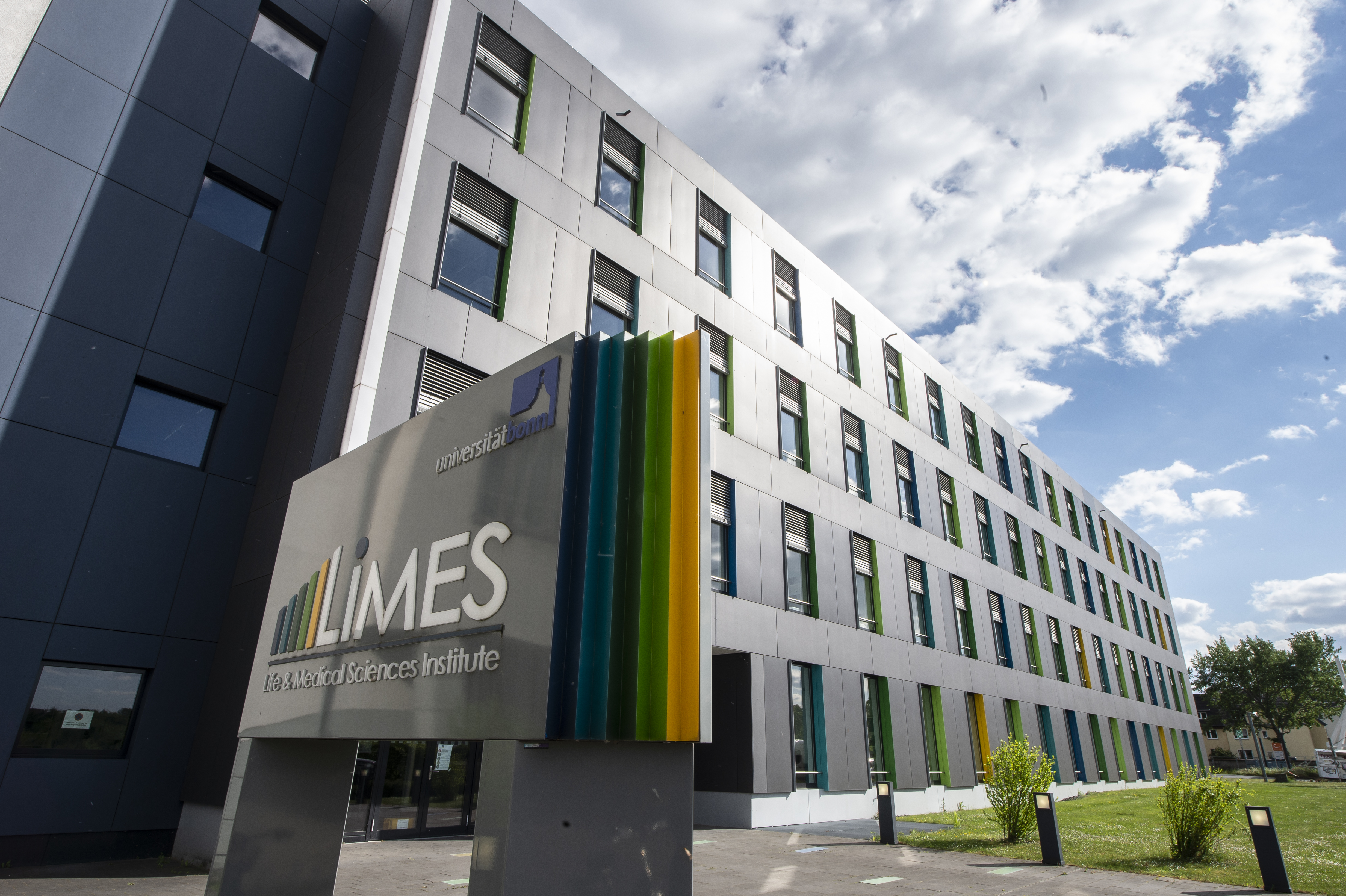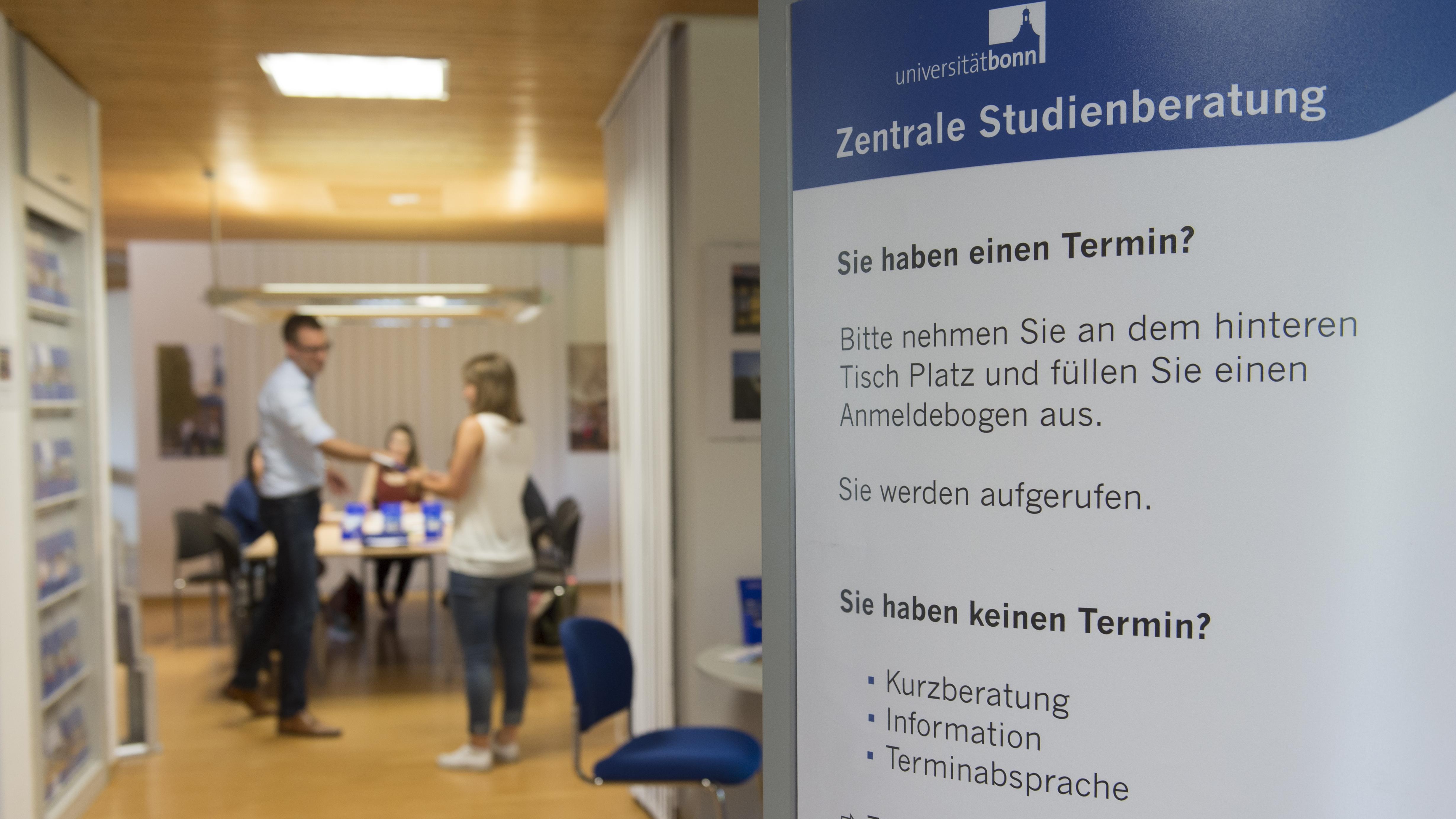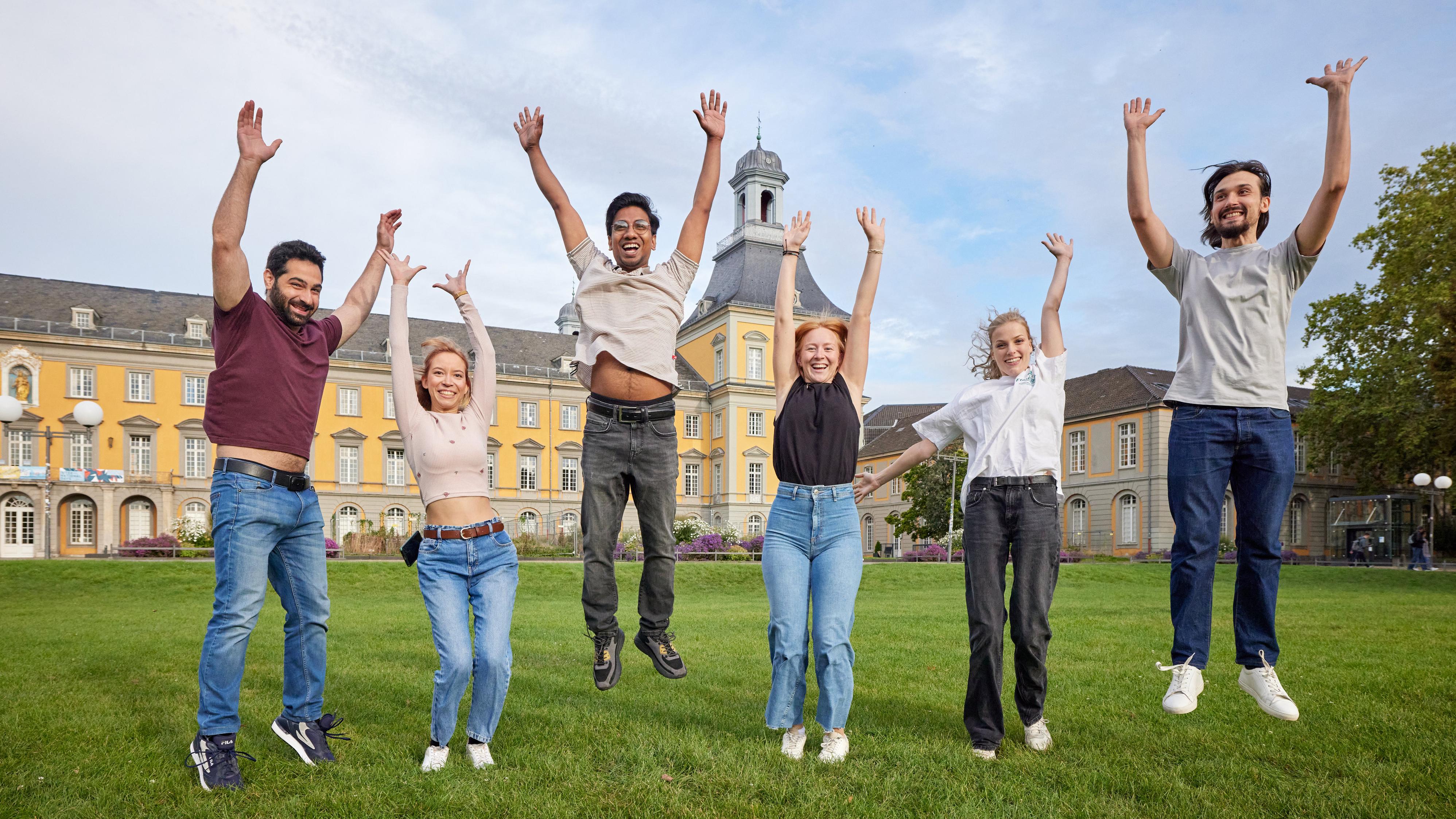| Title/Degree | Bachelor of Science |
| Duration | 3 years, full-time |
| Start | Winter semester (October) |
| Study places | 100 |
| Language of instruction | German and English |
| Social fee | 345,07 € per semester (including free public transportation Deutschlandticket, for winter semester 25/26 ) |
The Bachelor's degree programme in Molecular Biomedicine combines methods and molecular understanding of the natural sciences with current medical content. The aim is to gain a molecular understanding of the mechanisms and functioning of complex life processes and to understand the pathophysiology of human diseases. This is also the basis for the development of new diagnostics and therapeutic approaches to combat human diseases.
The interdisciplinary degree programme is jointly supported by the Faculty of Mathematics and Natural Sciences and the Faculty of Medicine at the University of Bonn, under the leadership of the Life & Medical Sciences Institute (LIMES). LIMES is an internationally orientated academic institution for basic biomedical research at the University of Bonn and offers talented young students and early career researchers an ideal environment for interdisciplinary training and innovative research.
Firstly, students are taught specialist skills in the basics of the natural sciences (biology, chemistry, physics in the 1st semester) and medicine (histology, physiology, biochemistry in the 2nd - 3rd semester). Building on this, students specialise and deepen their knowledge in selected subject areas, e.g. developmental biology, immunobiology, microbiology and bioinformatics (3rd - 4th semester). Practical work in the laboratory and the analysis and presentation of data play an important role in the programme from the beginning, but especially in the 5th and 6th semesters (link to curriculum).
In order to ensure an efficient degree programme, students are advised and supervised by lecturers throughout their studies (mentoring system). International compatibility of the degree programme is made possible by the use of the ECTS credit point system. The 100 study places are allocated as part of the dialogue-oriented service procedure (DoSV). The programme can only be started in the winter semester.
